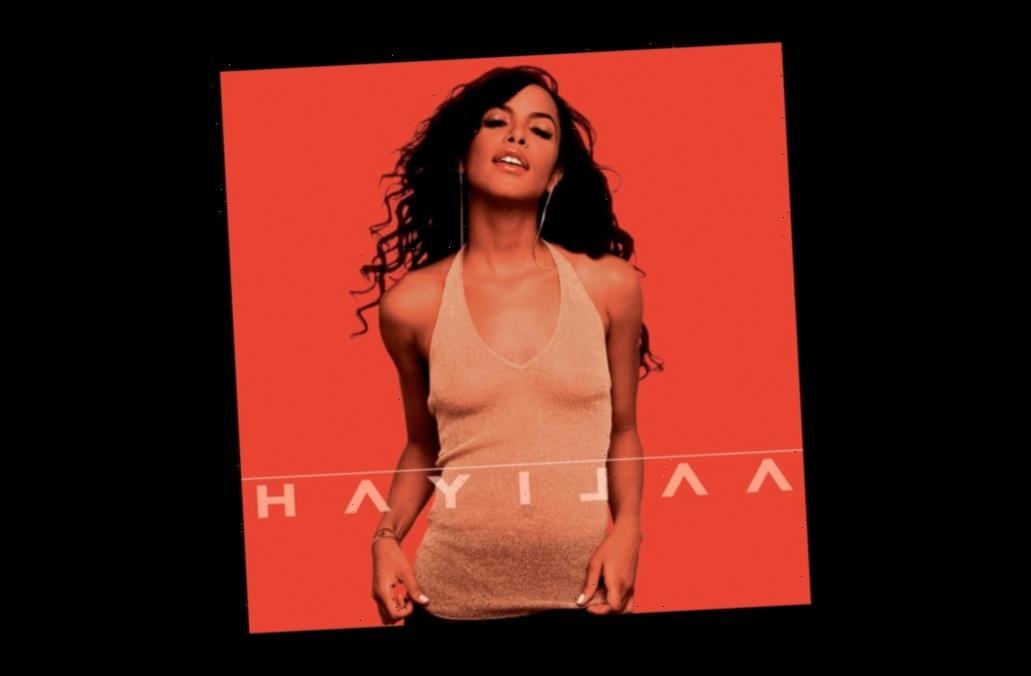For years, several high-profile artists — including Prince, Metallica, Bob Seger and others — held back their music from streaming services, due usually to the comparatively low royalty rates compared with physical product.
However, in some cases, the holdout was due to problems with the artist’s rights-holders — which has long been the case with Aaliyah, the R&B star who died in a plane crash in 2001 at the age of just 22. Her music has never appeared legally on streaming services — and remains arguably the most popular catalog not to do so, since all three of her albums have been certified double platinum and would have racked up much bigger numbers had two of them not been essentially unavailable since the advent of streaming. While her image and innovative, Timbaland-produced hits helped pave the way for countless single-named R&B singers who followed, not least Rihanna, only her 1994 debut, “Age Ain’t Nothing But a Number,” and a handful of singles are legally available on streaming services.
All that may change soon, according to a cautiously worded announcement from her estate Tuesday.
“To our loyal fans: We are excited to announce that communication has commenced between the estate and various record labels about the status of Aaliyah’s music catalogue, as well as its availability on streaming platforms in the near future,” it reads. “Thank you for your continued love and support. More updates to come!”
Initially an R. Kelly protégé — the two were briefly married, allegedly via a fake ID, when she was just 15 — Detroit-born Aaliyah Haughton first hit with her debut album “Age Ain’t Nothing But a Number.” But after her marriage to Kelly was annulled, she began working with the then-nascent team of Timbaland and Missy Elliott on the 1996 “One in a Million” album, the self-titled collection released just weeks before Aaliyah’s death, and several singles. Perhaps most notable is the 1998 song “Are You That Somebody,” from the Eddie Murphy-starring “Dr. Doolittle” remake, which featured a memorable video and one of Timbaland’s most innovative productions, based around a loop of a baby cooing.
The disarray around her business affairs in the wake of her death was complicated by the fact that all three of her albums were on the now-defunct Blackground Records, the label founded by the father-son team of Barry and Jomo Hankerson, the former of whom was Kelly’s manager for the first 10 years of the singer’s career, and was also Aaliyah’s uncle. Further complicating matters is the fact that each album was distributed by a different label: “Age Ain’t Nothin’ But a Number” is on Kelly’s former label Jive (which still holds the rights to that album, hence its presence on streaming services), while “One in a Million” was distributed by Atlantic and the self-titled 2001 album by Virgin, now owned by Universal. (The two missing albums appeared on iTunes for a matter of hours a few years ago, but were quickly removed.) Blackground, which at various times also had Timbaland, Toni Braxton, JoJo and Tank on its roster, has not released an album since 2013 and has been mired in lawsuits over the past few years.
Reps for Blackground’s distributors either declined or did not immediately respond to Variety‘s requests for comment; attempts to contact Hankerson were unsuccessful at the time of this article’s publication.
A posthumous Aaliyah album — containing 16 unreleased songs, executive produced by Drake and his longtime collaborator Noah “40” Shehib, and including contributions from Timbaland, Lil Wayne, Kanye West and Drake — was announced by Barry Hankerson in 2012. A single, “Enough Said,” featuring Drake, was released that year, but Timbaland and Elliott and Aaliyah’s family distanced themselves from the project, although work on it continued, according to a deeply reported 2016 article in Complex. Presumably that album is part of the catalog the estate referenced in Tuesday’s announcement. Hankerson, always a mysterious figure, was said in the Complex article to be devastated first by his niece’s illegal marriage to Kelly, with whom he finally severed ties in 2000, and then by the subsequent revelations of the extent of Kelly’s widely reported sexual misconduct involving young women. However, he kept the label up and running for a decade following her death.
Over the past few years, fans have been forced to seek out Aaliyah’s missing music via illegal uploads on YouTube or old CDs — but according to Tuesday’s announcement, the situation may be nearing a resolution.
Source: Read Full Article
